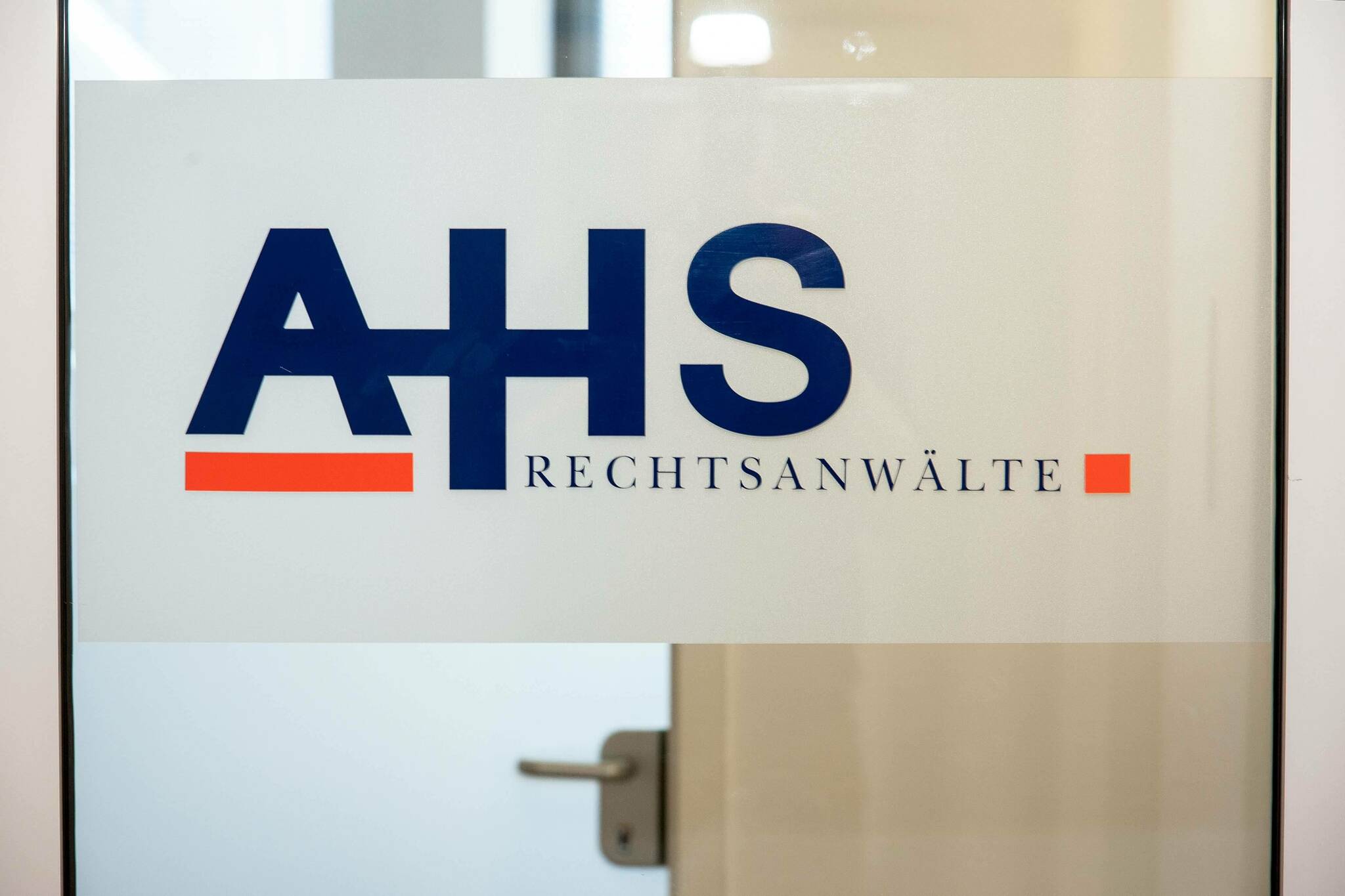Our insolvency law firm supports companies, creditors and private individuals in the preparation and accompaniment of insolvency proceedings. We are active in consumer insolvency proceedings , regular insolvency proceedings (for businesses) and insolvency plan proceedings , representing debtors as well as creditors. Of course, as a specialised insolvency law firm, we also support you in criminal proceedings in the area of insolvency law. We are able to draw on a wide range of expert knowledge to help our clients in any insolvency matter. We negotiate solutions with insolvency administrators for creditors, debtors and managing directors. For creditors, we register the claims with the insolvency administrator. We professionally prepare the insolvency application for debtors. In addition, when working with us, you benefit from our many years of experience as a leading insolvency law firm in Germany.





